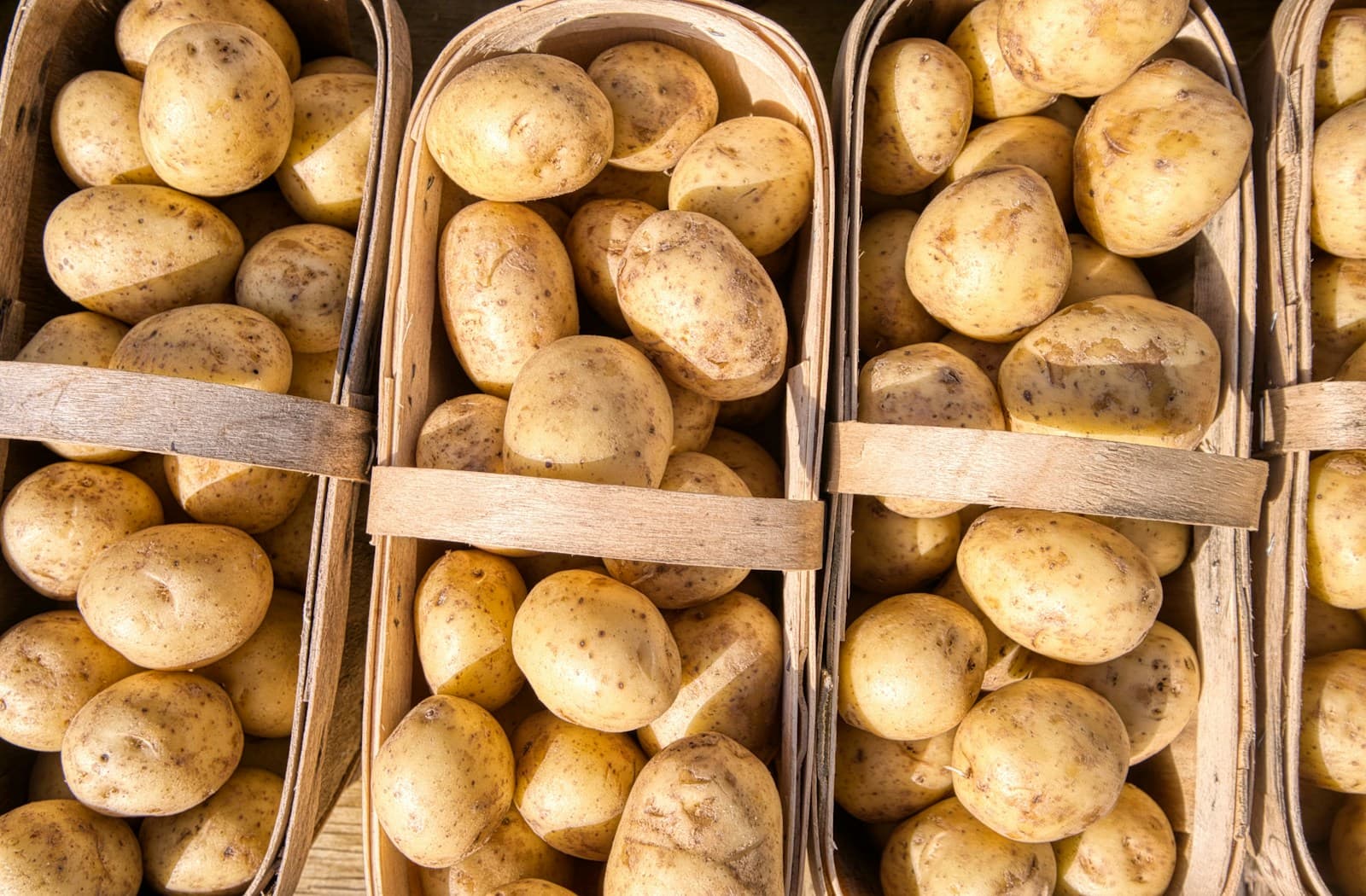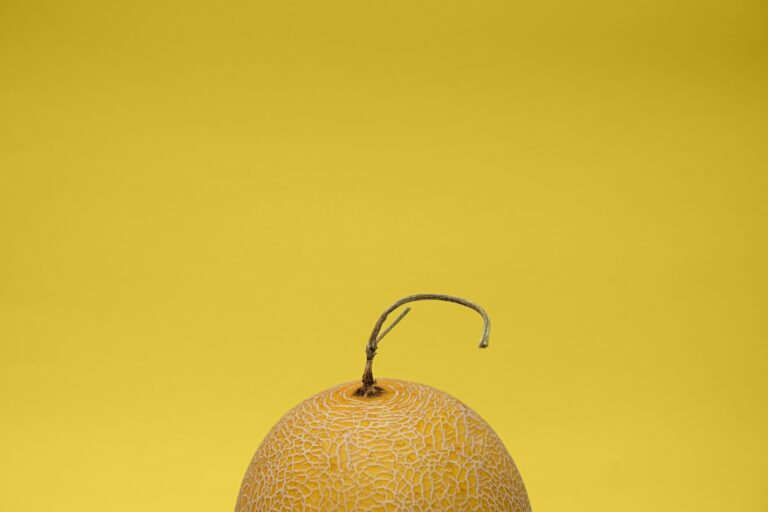Many backyard poultry enthusiasts often wonder about appropriate treats for their flocks. A common question that arises is whether chickens can safely consume potatoes.
Potatoes are a staple food for humans around the world. They offer carbohydrates along with some vitamins and minerals. While they can be a source of nutrients, it’s important for chicken owners to understand how to feed potatoes to chickens and to be aware of any potential risks.
When considering potatoes as a treat for chickens, it is essential to know that green parts of potatoes should never be given to chickens due to the presence of solanine, a toxin that can be harmful to them. Green parts include the leaves, stems, and any green-tinted skin. Cooked potatoes, with the green parts removed, present a lower risk and can be offered in moderation.
Additionally, the importance of balance in a chicken’s diet cannot be overstated. Treats like potatoes should only constitute a small portion of their overall food intake to ensure they maintain optimal health.
Key Takeaways
- Chickens can eat potatoes, but green parts must be removed.
- Cooked potatoes are safer for chickens than raw ones.
- Potatoes should only be a small part of a chicken’s diet.
Nutritional Benefits of Potatoes for Chickens
Potatoes can be a nutritious feed option for chickens when prepared adequately. They provide essential vitamins, minerals, as well as carbohydrates that contribute to the birds’ energy levels.
Vitamin Content
Potatoes offer a range of vitamins important for chickens’ health. They are notably high in vitamin C, which supports the immune system, and vitamin B6, critical for protein metabolism. The inclusion of cooked potatoes in a chicken’s diet can aid in meeting their vitamin requirements for optimal health.
Mineral Content
The mineral content of potatoes includes potassium and magnesium, which play roles in nerve function and muscle health, respectively. Chickens benefit from these minerals for their overall well-being. Properly cooked potatoes can be a source of these and other trace minerals necessary for maintaining healthy bodily functions in poultry.
Carbohydrates and Energy
A major component of potatoes is carbohydrates, which provide a valuable source of energy for chickens.
Given that chickens require energy to maintain their regular activities, including foraging and laying eggs, the carbohydrates found in cooked potatoes can contribute to meeting their energy needs.
As such, potatoes can be a beneficial part of a balanced diet for chickens, as long as they are served in moderation and alongside other feed.
Potential Risks and Considerations
When considering adding potatoes to a chicken’s diet, it is crucial to be aware of the potential risks and to ensure proper preparation to maintain the health and safety of your flock.
Solanine Toxicity
Potatoes belong to the nightshade family and can contain solanine, a natural toxin. This toxin is particularly concentrated in green potatoes and potato sprouts. If ingested, solanine can cause gastrointestinal distress, weakness, and confusion in chickens. It is essential that chickens are not fed these parts of the potato, as they pose a serious health risk.
Proper Preparation and Feeding
Chickens can consume potatoes, but they must be cooked thoroughly to neutralize any potential toxins. Avoid feeding chickens raw, green, or sprouted potatoes. Instead, provide boiled or baked potatoes without added salt or seasonings. It is also advised to limit portions appropriately, ensuring potatoes are only a small part of the chickens’ overall diet.
Dietary Balance and Restrictions
Potatoes should be offered as a treat and not replace a chicken’s primary feed. They are high in carbohydrates and can lead to weight gain if overfed.
Chickens require a balanced diet, rich in proteins, vitamins, and minerals to maintain optimum health. Potatoes alone will not meet the dietary needs of poultry. They should be integrated in moderation with a focus on maintaining a nutritious and balanced diet.



Leave a Comment